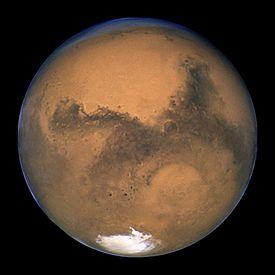Part 5 of 5 Parts (Please read Parts 1, 2, 3 and 4)
Cáceres discussed an estimation of the development and construction cost of the first BFR. He said, “If I had to venture to guess, I would say it would be somewhere in the $4 billion to $5 billion range.” He said that if there are severe problems and setbacks, the cost could be much higher than that. He added that, “That's why so many government space programs tend to be so expensive — because they just go on and on, forever and ever, for technical reasons as well as budgetary and political reasons.”
Cáceres suggested that if SpaceX gets far enough in the development process for the BFR to be taken seriously, NASA might be interested enough to provide some assistance and funding. He said, “Ultimately, BFR could become a joint US government-SpaceX program. That would be my guess, eventually, because as much as I admire the success of SpaceX, this just seems like something too massive and too complicated for one company alone to handle.”
SpaceX has an upcoming mission to send astronauts to the International Space Station. If SpaceX can successfully carry out this mission with its Falcon 9 or Falcon heavy launch vehicle, this will improve the odds that they can move forward successfully with the BFR program. Repeated SpaceX missions to the ISS will add increasing confidence in the space industry that SpaceX is capable of advanced missions such as the BFR.
SpaceX has announced that the first mission for the BFR will be to take a space tourist around the Moon. If this mission is successful, it will be huge public relations coup. NASA and Congress cannot help but be impressed and motivated to invest in the program.
Beyond the Lunar tourist mission, Musk intends to use the BFR to explore and colonize Mars. He said, “The first journey to Mars is going to be really very dangerous. The risk of fatality will be high; there's just no way around it. It would be basically: Are you prepared to die? And if that's OK, then you're a candidate for going."
Cáceres response to Musk’s statement was, “I immediately thought: That's not something that any representative, any CEO from a company, or any NASA administrator would say. That's about as blunt as you can be, and I think he was being very truthful.”
Chris Hadfield is a retired astronaut. He pointed out that other periods of exploration were quite deadly as sailors explored the oceans of Earth on voyages that lasted for years. He said, “The majority of the astronauts that we send on those missions to Mars won't make it.” Still, astronauts will probably be ready to attempt to travel to Mars because there have already been volunteers for the first private Moon landings.
Cáceres continued, “If we want to actually open space to average people rather than government astronauts, then we've got to accept that there's going to be a lot of fatalities. We can either decide that that's acceptable or it's not, in which case we don't explore space any more than we have already. SpaceX is going to fail in the future — rockets are going to explode, and people are going to die is what everyone has to totally understand.”
